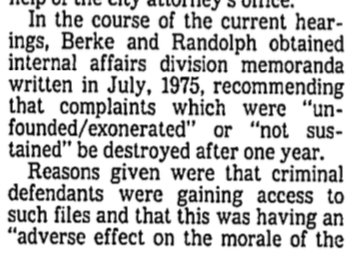OK! We’re about to start #SB827 hearing with Sen. @Scott_Wiener. The bill would allow for 4-to-5 story buildings near transit. You can watch live here: senate.ca.gov
.@Scott_Wiener: "The status quo isn’t working and we need to do things different. We need an enormous amount of housing at all income levels … In California we have made a conscious decision that housing simply doesn’t matter."
.@Scott_Wiener: "Local control over housing is important but it is not biblical."
Editorial comment as @Scott_Wiener wraps up his introduction. It feels super tense in the committee room. Remember the bill would have to get through many other similar hearings before it could become law. So the hill is very high for this to pass
Those lining up to testify in opposition to #SB827 are the @Western_Center and @CA_Bldg_Trades. Western Center is one of the most prominent low-income housing groups here. The construction workers’ union is probably the most powerful group in the state’s housing debate.
Vice Mayor of Beverly Hills @JohnMirisch says that #SB827 is a real estate bill not a housing bill and gets a huge applause from the crowd.
Dude just introduced himself as John Galt from the Rebel Alliance. He’s opposed to #SB827
OK public comment is over. We’re getting toward brass tacks time.
One Senator speaking, one Senator opposed. Democratic Sen. Richard Roth of Riverside says he’s opposed. Again, #SB827 is unlikely to proceed today without Republicans supporting it.
Two Democrats now opposed to #SB827. @BillDoddCA says that cities in his district are against it so he is, too.
It’s worth noting that Sen. @Jimbealljr, the chairman of the committee, has indicated he’s opposed to #SB827. It is not common for senators, particularly those who are of the same party, to buck committee chairs.
Sen. @ilike_mike from Marin County says the low-income housing provisions in the bill aren’t strong enough. He’s going to be opposed, too. So that’s three Democrats against. @Scott_Wiener is likely going to need all or almost all Republicans to get it through
If you had “Manhattan” on your #SB827 drinking game, your time is now.
As GOP Sen. @TedGaines speaks in support, it’s also remarkable that there appears there could be more Republican support for #SB827 than Democrats.
This is going to be an early and resounding defeat for #SB827, which quickly became one of the biggest housing bills in the country.
It’s officially dead #SB827. Four votes in favor.
To be precise, Sen. @Scott_Wiener was granted reconsideration meaning it’s possible for it to be revived. But legislative deadlines — not to mention intense Democratic opposition — make that very difficult for the foreseeable future.
• • •
Missing some Tweet in this thread? You can try to
force a refresh







